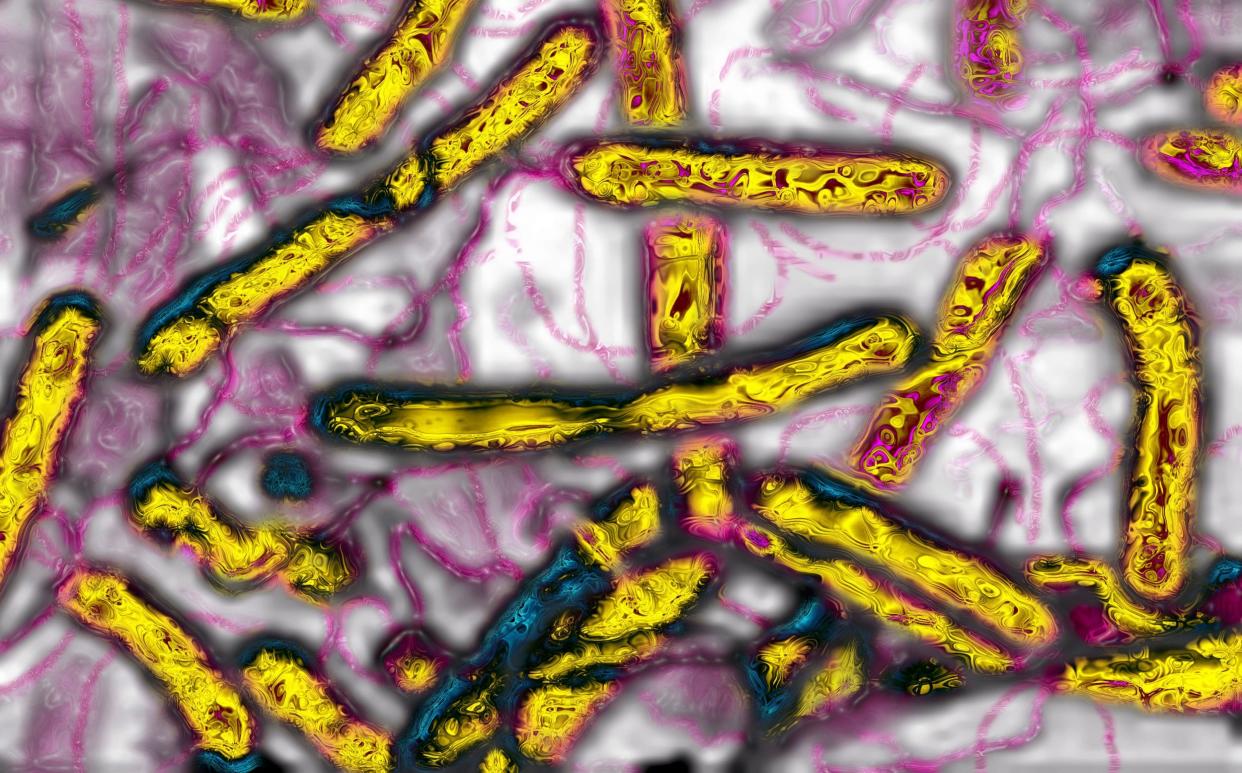Warmer weather linked to spread of diarrhoeal illness

Warmer weather is linked to an increase in diarrheal illnesses in England and Wales, new research shows.
Campylobacter, a bacteria responsible for the disease, appears to spread more rapidly in higher temperatures, according to a study from the University of Surrey, which analysed weather records from the Met Office and data provided by the UK Health Security Agency.
The researchers found that the predicted incidence of campylobacter infections increased by one case a day per million people in England and Wales when the temperature rose by 5C within the range of 8C and 15C.
Higher humidity and longer days were also associated with an increase in infections, the researchers said.
“This information is invaluable, as illnesses such as campylobacter not only cause discomfort to individuals, but have enormous societal impacts,” explained lead researcher Dr Giovanni Lo Lacono, a Senior Lecturer in Biostatistics and Epidemiology at the University of Surrey.
“Weather clearly has an impact, but we don’t fully understand why,” he said. “It could be that warm weather increases the survival and spread of pathogenic bacteria, or alternatively it could be people’s behaviour and how they socialise during such periods.”
The findings could reflect the shifts in human behaviour during the summer, when there are more social gatherings, outdoor barbecues during which multiple people handle the same food, and an uptick in disease-carrying insects like flies making contact with food.
The findings also raise the prospect that climate change could drive a rise in diarrheal illnesses as the planet continues to warm, especially in low-income countries where hygiene and sanitation resources are limited.
“In the UK we have a good public health system, and I think we could cope with more cases. But in countries where diarrhoea is a big issue, I would be really concerned,” Dr Lo Lacono said.
Globally, there are nearly 1.7 billion cases of childhood diarrhoeal disease every year. On average, around 525,000 cases are fatal. Interventions to prevent infection include safe drinking-water and adequate sanitation and hygiene.
Health organisations also recommend all children receive the rotavirus vaccine, which helps protect against one of the leading causes of diarrhoea. However, there is no vaccine currently available to prevent campylobacter infection.
Protect yourself and your family by learning more about Global Health Security

